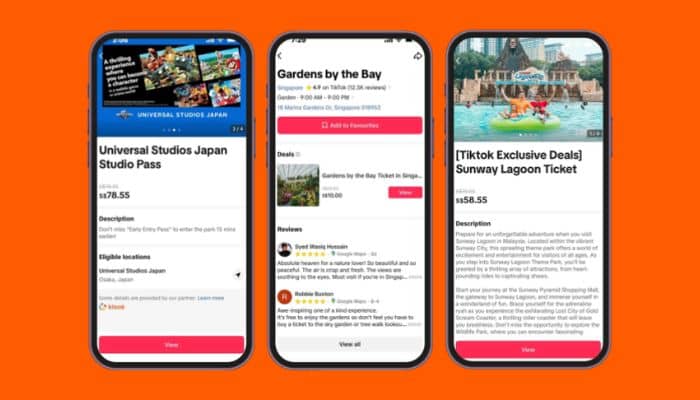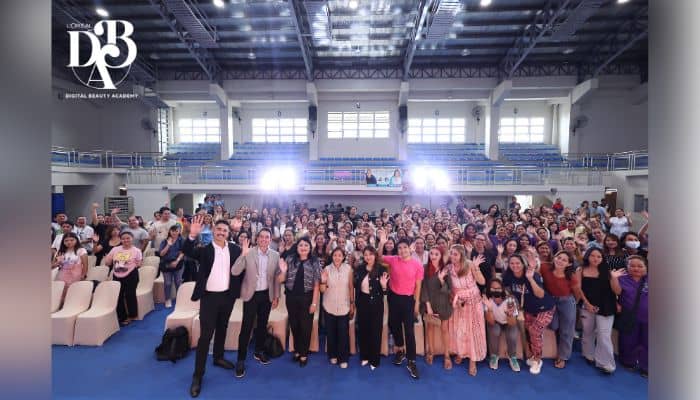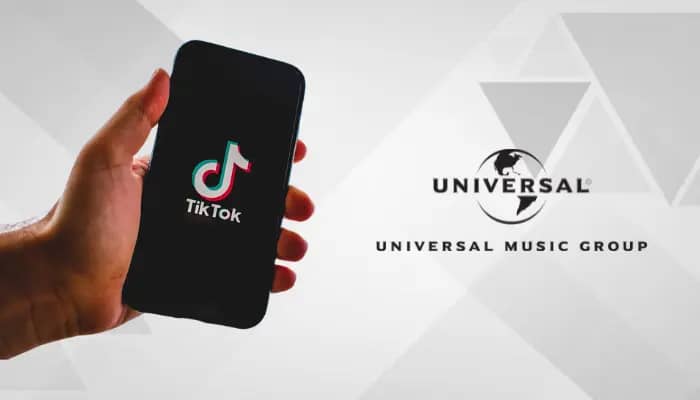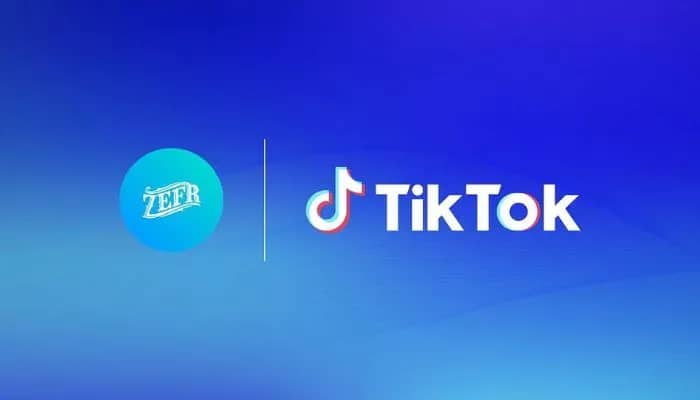Singapore – Global music label Universal Music Group (UMG) and social media platform TikTok had recently announced a new licensing agreement, which will see the return of UMG-labeled music to TikTok.
It is worth noting that UMG previously removed all of their music catalogue on TikTok back in February this year following a show of disappointment in terms of compensation to signed artists whenever their songs are used on the platform.
Under the new deal, by harnessing TikTok’s best-in-class technology, marketing and promotional capabilities, UMG and TikTok will deliver improved remuneration for UMG’s songwriters and artists, new promotional and engagement opportunities for their recordings and songs and industry-leading protections with respect to generative AI.
As part of the agreement, both organisations will work together to realise new monetization opportunities utilising TikTok’s growing e-commerce capabilities and will work together on campaigns supporting UMG’s artists across genres and territories globally.
In addition, TikTok and UMG will work together to ensure AI development across the music industry will protect human artistry and the economics that flow to those artists and songwriters. TikTok is also committed to working with UMG to remove unauthorised AI-generated music from the platform, as well as tools to improve artist and songwriter attribution.
Sir Lucian Grainge, chairman and CEO of Universal Music Group, said, “This new chapter in our relationship with TikTok focuses on the value of music, the primacy of human artistry and the welfare of the creative community. We look forward to collaborating with the team at TikTok to further the interests of our artists and songwriters and drive innovation in fan engagement while advancing social music monetization.”
Meanwhile, Shou Chew, CEO of TikTok, commented, “Music is an integral part of the TikTok ecosystem and we are pleased to have found a path forward with Universal Music Group. We are committed to working together to drive value, discovery and promotion for all of UMG’s amazing artists and songwriters, and deepen their ability to grow, connect and engage with the TikTok community.”
Fans on TikTok can now look forward to the return of UMG’s recorded music and publishing catalogs and once again enjoy creating videos using music from some of the world’s biggest artists and songwriters as well as exciting emerging talent.
Moreover, TikTok will continue to invest significant resources into building artist-centric tools that will help UMG artists realise their potential on the growing platform. Tools including “Add to Music App”, enhanced data and analytics, and integrated ticketing capabilities will benefit artists, both financially and in building their global fanbases using TikTok’s scale and engaged community, while strengthening online safety protections for artists and their fans.
Ole Obermann, global head of music business development at TikTok, said, “We are delighted to welcome UMG and UMPG back to TikTok. We look forward to working together to forge a path that creates deeper connections between artists, creators, and fans. In particular, we will work together to make sure that AI tools are developed responsibly to enable a new era of musical creativity and fan engagement while protecting human creativity.”
Meanwhile, Michael Nash, chief digital officer and EVP at Universal Music Group, commented, “Developing transformational partnerships with important innovators is critical to UMG’s commitment to promoting an environment in which artists and songwriters prosper. We’re gratified to renew our relationship with TikTok predicated on significant advancements in commercial and marketing opportunities as well as protections provided to our industry-leading roster on their platform. With the constantly evolving ways that social interaction, fan engagement, music discovery and artistic ingenuity converge on TikTok, we see great potential in our collaboration going forward.”










